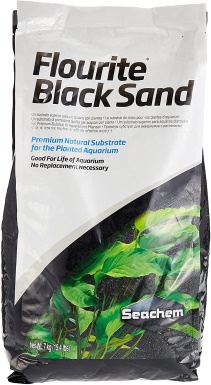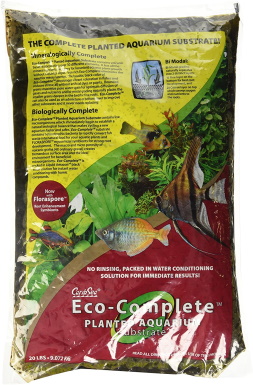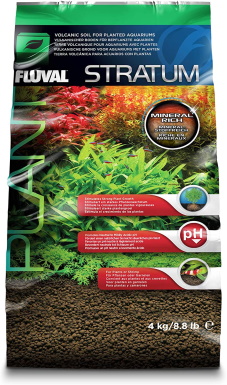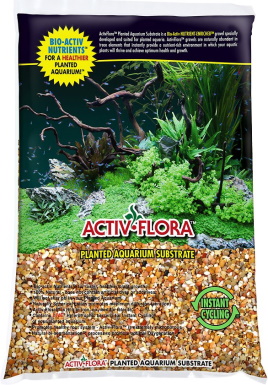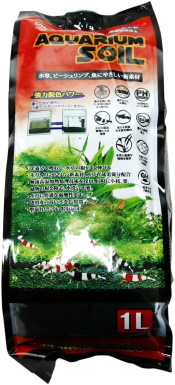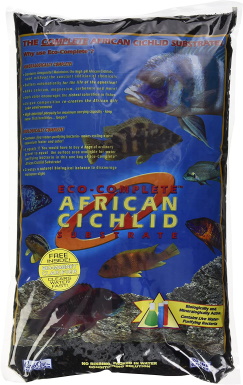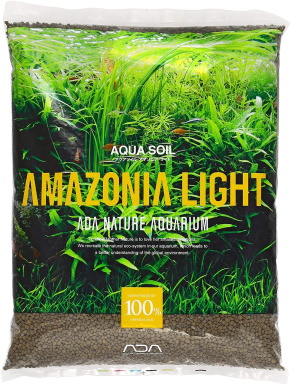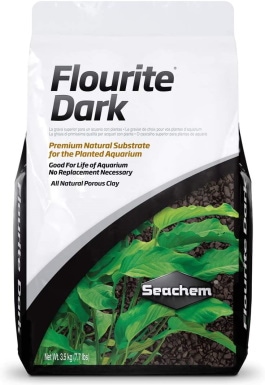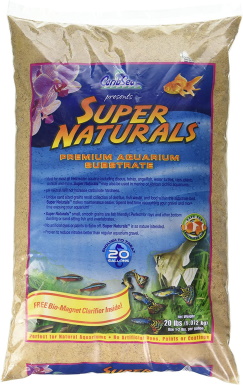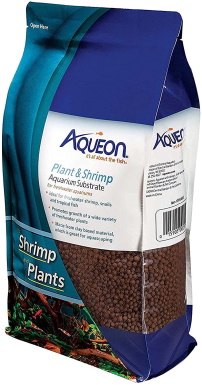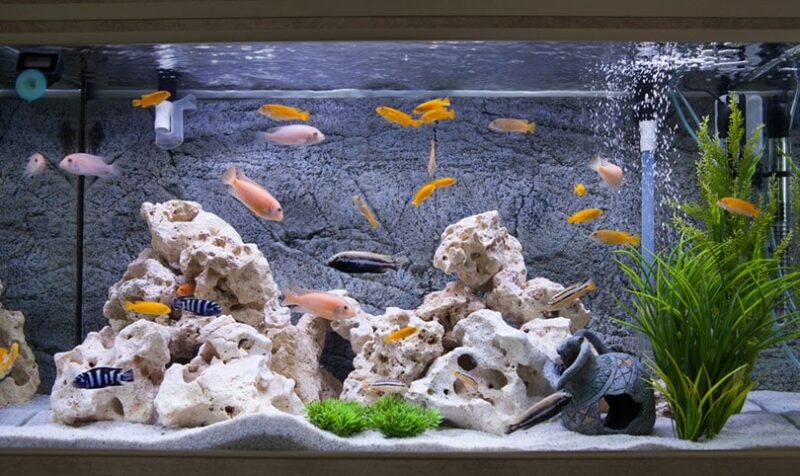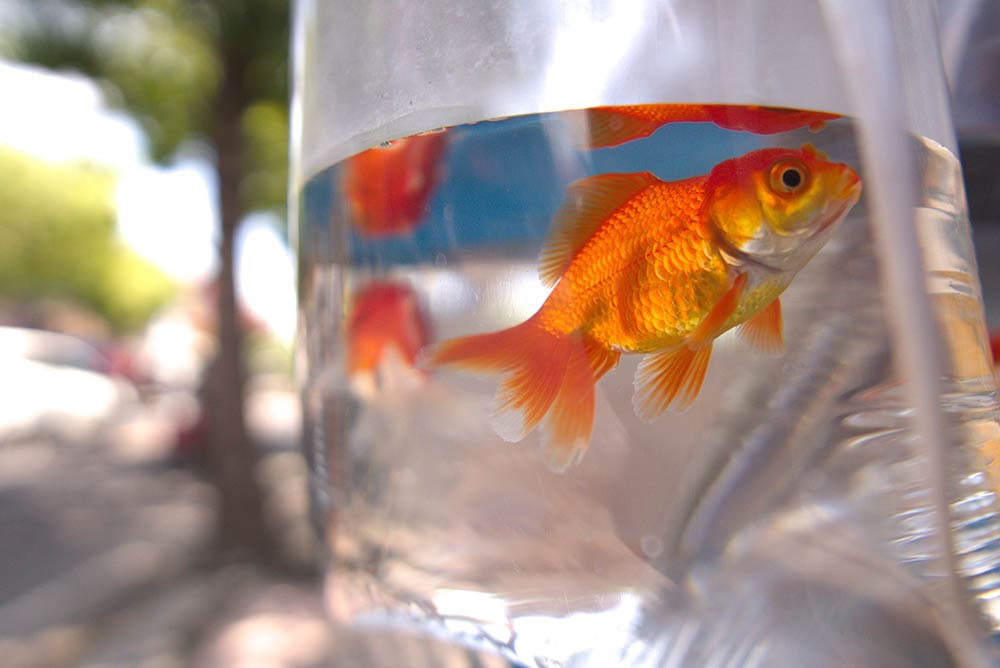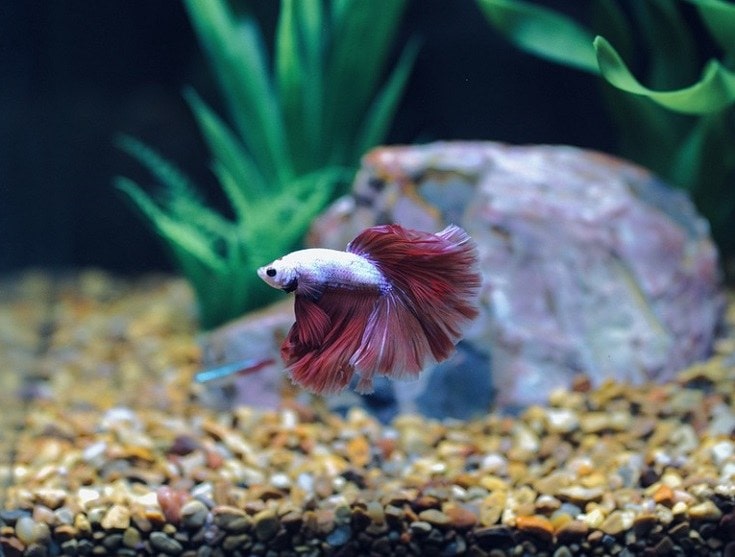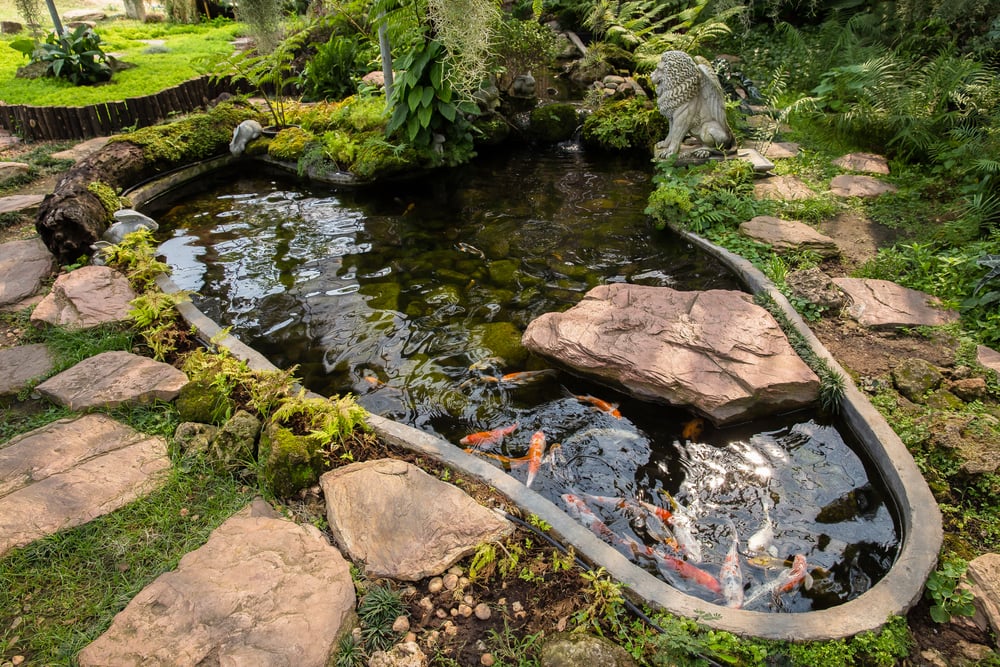Aquarium substrate is an essential part of growing and maintaining aquatic plants. Plants require the substrate to be able to meet the plant’s needs in texture, nutrients, and quality. This makes it important to search for an aquarium substrate that is not only going to benefit your plants but also visually please you.
A high-quality aquarium substrate will help your aquatic plants to grow lush and vibrant while giving them the main essential nutrients that they require for proper rooting and healthy growth.
This article will be reviewing some of the best substrates that plants love, while still looking attractive enough to be displayed in your aquarium. Aquarium plants thrive and grow in the right substrate, but some substrates may cloud the water. This makes it important to find a substrate that requires minimal hassle when you are trying to maintain the soil.
A Quick Comparison of Our Winners (2024)
| Image | Product | Details | ||
|---|---|---|---|---|
| Best Overall |

|
Seachem Flourite Black Sand |
|
Check Price |
| Best Value |

|
CaribSea Eco-Complete |
|
Check Price |
| Premium Choice |

|
Fluval Plant and Shrimp Stratum |
|
Check Price |

|
Activ-Flora Lake Gems |
|
Check Price | |

|
Mr. Aqua Plant Soil |
|
Check Price |
The 10 Best Substrates for Aquarium Plants
1. Seachem Flourite Black Sand – Best Overall
| Replacement: | Not necessary |
| Nutrients: | Rich |
| Type of plant: | Freshwater |
| Water clouding: | Dark |
Seachem Flourite Black Aquarium Substrate is one of the best substrates for live aquatic plants overall. This aquarium’s substrate is rich in nutrients that help promote plant growth. This is aquarium substrate is at the top of our list for being one of the most attractive, nutrient-rich, and readily available aquarium substrates on the market. Seachem Flourite Black aquarium will save you money long-term because you do not have to buy expensive plant fertilizers since the sand comes with the main nutrients common aquarium plants require. The dark color of the sand contrasts well with plants and other natural tones within the aquarium.
2. CaribSea Eco-Complete – Best Value
| Replacement: | Yes |
| Nutrients: | Good |
| Type of plant: | Common aquatic plants |
| Water clouding: | No |
The CaribSea Eco-Complete aquarium substrate is the best aquarium substrate for monetary value. You get a 10lbs bag for a more affordable price when compared to other aquarium substrates in this category. The substrate does not have to be rinsed and does not cloud the water for longer than 24 hours. The substrate should be replaced every year because the nutrients leak out after a few months and then the plants will only be rooted in plain soil. If you decide to not change the soil, you can purchase root tabs and plant fertilizers to make up for the lost nutrient value.
3. Fluval Live Planted and Shrimp Stratum– Premium Choice
| Replacement: | Yes |
| Nutrients: | Rich |
| Type of plant: | Common aquatic plants |
| Water clouding: | Yes |
The Fluval Live Planted and Shrimp Stratum is a premium choice for those who are looking to grow their aquarium plants. The substrate is rich in minerals that promote fast growth in plants. The roots of the plants can easily penetrate the soil and develop a good rooting system inside of the soil. Fluval has developed this soil to help aquatic plants flourish and the texture allows for delicate roots to easily grow through. This will also stop the plants from being uprooted and moved around by the aquarium’s inhabitants. The only downside is that this substrate does cause clouding if it is not rinsed before use.
4. Activ-Flora Lake Gems for Aquarium
| Replacement: | Rarely |
| Nutrients: | Rich |
| Type of plant: | Freshwater |
| Water clouding: | Minimal |
The Activ-Flora Lake Gems is aquarium gravel that is specially formulated for aquatic plant set-ups and is enriched with a lot of nutrients valuable for plant growth. The gravel instantly releases nutrients for plants and helps them to grow and develop a lush coloration. The substrate will rarely need to be replaced unless a lot of live plants are taking in nutrients from a small amount of the soil. This substrate is abundantly rich in trace elements and is suitable for a variety of live plants. The gravel is free of additives and also contains no artificial dyes.
5. Mr. Aqua Plant Soil
| Replacement: | Every 18 to 24 months |
| Nutrients: | Rich |
| Type of plant: | Freshwater |
| Water clouding: | Yes |
Mr. Aqua Plant Soil is composed of organic and inert ingredients that provide essential minerals for live aquatic plants. The substrate does buffer the pH, which makes it only suitable for certain types of plants and inhabitants that can handle a pH between 6.6 to 6.8. This substrate can also fertilize plants for several months before it runs out of nutrients, so it will need to be replaced with a new bag. If you have minimal plants in the tank, the substrate can leach nutrients for significantly longer than in a heavily planted set-up.
6. CaribSea Eco-Complete Black
| Replacement: | Yes |
| Nutrients: | Good |
| Type of plant: | Common |
| Water clouding: | Yes |
CaribSea Eco-Complete Black is rich in major and minor trace elements for efficient aquatic plant growth. This substrate encourages plant rooting and enriches the plant with minerals and nutrients. This specific formula of CaribSea is enhanced for plant growth and the substrate is mineralogically and biologically complete. The soil compromises rich volcanic soil that only focuses on nutrients for aquatic plants and discourages unwanted algae growth.
7. Amazonia Light
| Replacement: | Yes |
| Nutrients: | Good |
| Type of plant: | Low pH demanding plants |
| Water clouding: | Yes |
The Amazonia Light Soil is formulated from natural soils and provides a great basis for plant growth. The substrate is in the form of granules which maintain their form for a long time. The substrate is great for tropical tanks and mimics natural tropic environments. The colloid particles capture dirt that is floating in the water without the use of any chemical treatments. The substrate lowers the hardness level of the water which can be a downside for some aquatic inhabitants. The substrate greatly lowers the pH of the water to make it suitable for most freshwater plants. This can be a downside for some animals in the aquarium if they require neutral to high levels of pH.
8. Seachem Flourite Dark
| Replacement: | No |
| Nutrients: | Decent |
| Type of plant: | Freshwater |
| Water clouding: | Yes |
Seachem Flourite Dark is a porous clay that is good for freshwater planted aquariums. The substrate does not have a high nutrient content and does not need to be replaced. The texture of the substrate can start to become compact after a while and trap in debris from the water column. A milky clouded appearance is usually observed in the water if it is not rinsed thoroughly. Some plant roots may find the texture of the substrate hard to penetrate. The substrate is overall good for planted aquariums that are not heavily stocked.
9. CaribSea Super Natural River Sand
| Replacement: | Yes |
| Nutrients: | Decent |
| Type of plant: | Freshwater |
| Water clouding: | Yes |
The CaribSea Natural River Sand is formulated to replicate the exotic environments freshwater aquatic plants are usually found. This substrate is free from dyes and paints that would otherwise leech into the water. The CaribSea Natural River sand does not affect the pH of the water and keeps it neutral, so it is safe for most aquatic systems. The individual grain sizes of the substrate do not easily trap in detritus. This ensures the substrate is kept clean for longer. The main con to this substrate is that it clouds the water even after being rinsed. The texture is grainy and is primarily sand.
10. Aqueon Plant and Shrimp Substrate
| Replacement: | Yes |
| Nutrients: | Decent |
| Type of plant: | Freshwater |
| Water clouding: | Yes |
The Aqueon Plant and Shrimp Substrate promotes plant growth for a variety of freshwater plants. The substrate is formulated for the use of planted invertebrate enclosures. The sand is good for aquascaping and is made of a clay-based material. The substrate is on the pricier side and comes in small five-pound bags. Aqueon Plant and Shrimp substrate rarely have to be replaced. The downside to this substrate is that the porous clay texture may make it hard for roots to penetrate through, and it creates a murky cloud in the aquarium for a few days.
Buyer’s Guide: Selecting The Best Substrate For Aquarium Plants
Every aquarium requires a substrate tailored towards the aquarium’s purpose. This makes it important to take in the benefits of each substrate to see which one meets your needs. Some aquariums may need gravel substrate which is easier for plants to root into. Some tanks will require a sand-based substrate that has the formation of grains or granules.
Since some substrates affect the pH and hardness of the water, you want to find a substrate that does not go against the plants or inhabitants’ needs. Not every substrate will alter the chemistry of the water and these products are recommended for beginners who have not yet perfected the art of water maintenance.
You also want to take into consideration the color of the substrates so that you can find one that closely mimics the aquascape you are wanting to create.
What makes a good substrate for aquarium plants?
The Seachem Flourite Black is the top product in this category. It has a lot of benefits to add to an aquarium and does not need to be replaced. The substrate makes top place because the pros heavily outweigh the cons, and the color is striking for green and lushly planted tanks.
Tips when buying aquarium plant substrates
What kind of aquarium substrate options are there? Size? Type?
Final Thoughts
We hope that this article has helped you to determine the best substrate for your aquatic plants. There is such a large variety to choose from, but the reviews have narrowed the options down to more favorable brands and textures. The best aquarium substrate in this category is the Seachem Flourite Black Sand because it does not have to be replaced and retains the nutrients for longer.
Featured Image Credit: Krysja, Shutterstock






